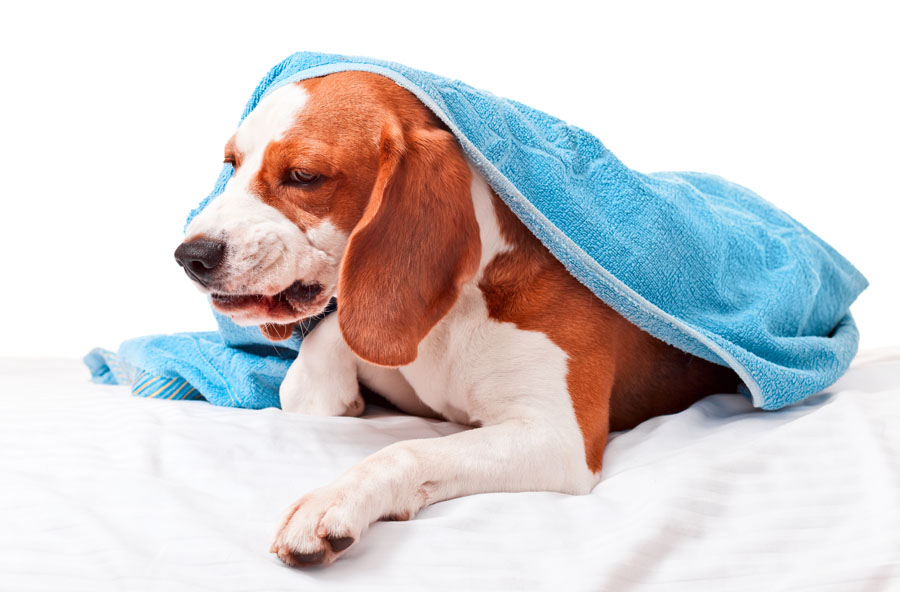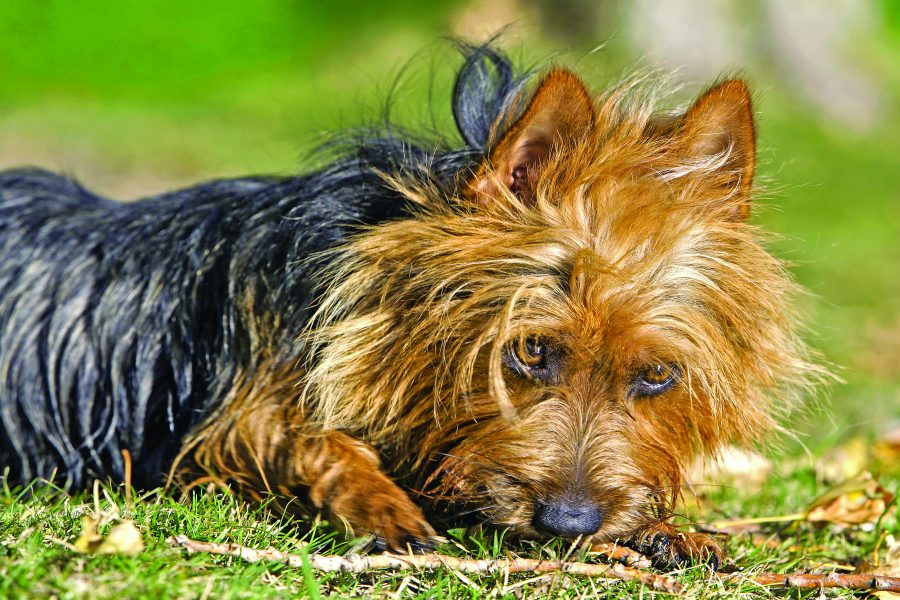More than just pellets
WEEEEEEPPPPP! That noise of beloved guinea pigs when they want food, hearing you coming home, fresh from the grocery store, or opening the refrigerator. Guinea pigs have become an increasingly popular pet for people, and especially younger children, because of their sweet nature and calm demeanor. However, what many do not realize is that they have unique dietary requirements.
It’s important for guinea pigs, like ALL pets, including exotics, to be seen by a veterinarian yearly to assess their overall health and husbandry. Preventing and catching disease before it occurs and is serious, will lead to a longer, better quality of life overall.
Most new owners just buy a bag of pellets, typically choosing the brightly colored “busy” diets because they think that rolled corn and dried fruit has more nutritional value than the plain old bag of green pellets. Unfortunately, I’m here to bust that myth. Multiple things need to be taken into account when feeding guineas.
First, approximately 80% of their diet needs to be from hay. Timothy hay is the best, and then orchard, bermuda, and oat. Alfalfa hay should only be utilized in young, growing guineas and lactating sows. Wait, there’s a difference in hays? YES! Alfalfa is very high in calcium, which makes sense as to why we feed it for certain stages of life. Excessive calcium over time in adult guineas leads to bladder sludge, bladder infections, and ultimately, bladder stones. It is also a very sweet, soft hay. Why does that matter? Well, guineas belong to the rodent family, which has open-rooted teeth that don’t stop growing, thus their constant need to be gnawing.
The next most important part of their diet is vitamin C. Guinea pigs cannot synthesize their own, thus it must be supplemented into their diet. It is a water-soluble vitamin and is best achieved in fresh forms. Bell peppers (yellow being the highest), oranges, tangerines, parsley, cilantro, etc., have some of the highest content. There are also vitamin C treats available to give daily to your guineas. Water-additive vitamin C drops are the least appropriate and not consistent in their supplementation. Most of the strength of the supplementation will be lost in the water—you won’t know how much your guinea pig is actually absorbing, and it can alter the taste of the water, which may cause them to drink less. The same concept applies to giving them a multivitamin. Not only is there a chance of toxicity occurring, but is completely unnecessary when you feed a proper diet.
A deficiency in vitamin C would ultimately lead to a condition known as scurvy. Signs of scurvy in guinea pigs include: lethargy, weakness, loss of appetite, poor coat condition, sore and painful joints, hemorrhage, and discharge from the eyes and nose. This condition is very serious and often fatal. When diets are deficient or too low in vitamin C, guineas will also be susceptible to upper respiratory tract infections, which often lead to pneumonia, periodontal disease, gastrointestinal stasis, or ileus and bone disease.
To prevent scurvy, be sure to offer vegetables and fruit high in vitamin C as the main component in you cavy’s daily salads. YES, I said daily salads—the next important 10% of their diet. Guineas need daily salads, not only with vitamin C components, but also a mix of dark leafy greens and other veggies. Iceberg lettuce should never be fed to these critters, as it has no nutritional value. The next lettuces to monitor and feed in limited and occasional quantities is romaine, kale, spinach, and collard. Romaine is high in protein but often leads to bladder disease, while the other three are high in calcium, which we already know also leads to bladder disease. A few gas-producing veggies, such as broccoli, cauliflower, Brussel sprouts, etc, can be fed to your Guinea pig, but in moderation. Too much gas can cause bloating in these little guys, which creates a domino effect—gas distention, gastrointestinal stasis (guts not moving), pain, and even death, if not caught fast enough. The key is variation, moderation, and weekly to biweekly rotations of lettuces and vegetables.
The last 10% of their diet can be divided between pellets and whatever treats you like (fresh fruit being the safest and best option). Cavy digestive tracts are designed to constantly be moving, and the fiber content of hay helps maintain their appropriate gut motility, along with grinding down their teeth. Pellets, on the other hand, do not provide this. Pellets need to be timothy hay-based for adult guineas (again due to the excess calcium content) and do not need the added in dried fruit, rolled corn and other gimmick components. Additionally, pellet predominate diets are the number one cause for periodontal disease and obesity in our pet guineas.

Guinea pigs cannot synthesize their own vitamin C, thus it must be supplemented into their diet.
Guinea pigs are one of cutest and animated little pets we can have. They are easy to maintain and so very friendly; a perfect choice for families seeking lap pets for children. The key to a full, happy life span with these little guys is just feeding them the appropriate diet. I know it’s easy to fill up a bowl of pellets, throw in some romaine lettuce with the occasional hay, and call it a day, but this is so detrimental to their quality of life.
Variety, moderation and a balanced guinea food pyramid is key! Trust me, your little weep weep will appreciate and love you even more with the correct healthy diet.
VCA Desert Animal Hospital is located at 4299 Ramon Rd, Palm Springs, CA 92264 vcahospitals.com/desert (760) 778-9999



